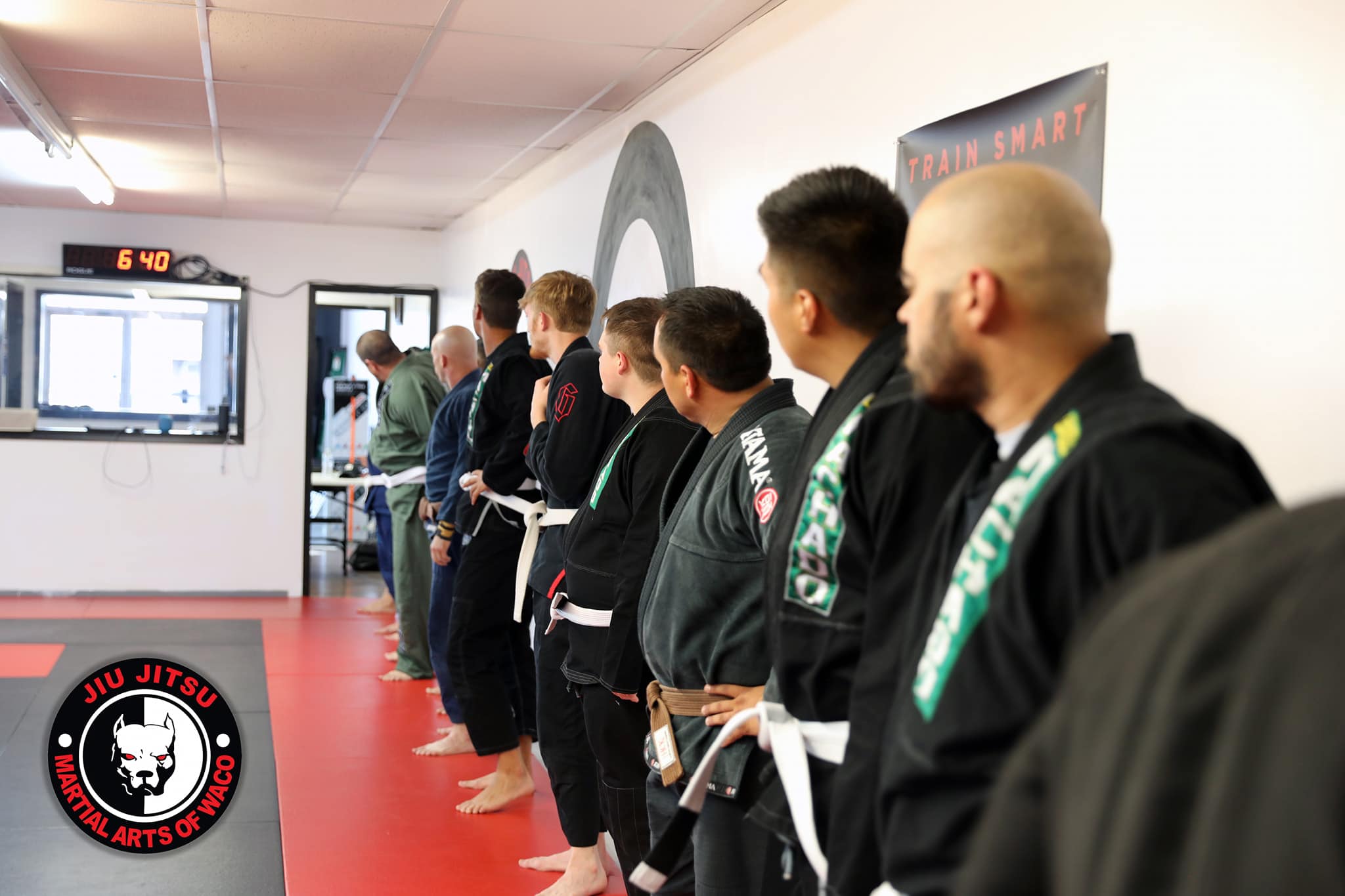why
Brazilian Jiu-Jitsu (BJJ) and Mixed Martial Arts (MMA) offer distinct advantages and have their own unique attributes when compared to karate. However, it’s important to note that the effectiveness of a martial art often depends on the practitioner’s goals, preferences, and the context in which it’s applied. Here are some reasons why BJJ and MMA might be perceived as better suited for certain situations:
- Emphasis on Ground Fighting: BJJ places a strong emphasis on ground grappling and submission techniques. This can be advantageous in real-world self-defense scenarios, as many altercations end up on the ground. BJJ provides tools to control and submit opponents from this position.
- Practical Self-Defense: Both BJJ and MMA tend to focus on practical techniques and strategies that can be applied in real-life situations. MMA incorporates various techniques from different martial arts, including BJJ, striking, and wrestling, creating a well-rounded self-defense skill set.
- Effective Sportive Application: MMA combines various martial arts disciplines to create a comprehensive combat sport. It tests fighters’ skills in a realistic environment, showcasing the effectiveness of techniques under pressure. This can translate to practical self-defense skills.
- Physical Conditioning: MMA training often includes intense physical conditioning, as fighters need to be well-rounded athletes. This can lead to improved overall fitness, including strength, endurance, and cardiovascular health.
- Adaptability: Both BJJ and MMA tend to emphasize adaptability and problem-solving during live sparring or competition. This can develop a practitioner’s ability to think on their feet and react effectively to changing situations.
- Realistic Sparring: BJJ and MMA training often involve live sparring (rolling or sparring in the case of BJJ, and sparring in the case of MMA). This allows practitioners to test techniques in a dynamic, unscripted environment.
- Holistic Approach: MMA training integrates various aspects of combat, including striking, grappling, and clinching. This comprehensive approach can be effective in situations where the opponent might use different techniques.
However, it’s important to recognize that each martial art has its own strengths and weaknesses, and what might be “better” depends on the individual’s goals and preferences. Karate, for instance, emphasizes striking techniques and often focuses on discipline, precision, and quick striking. It has its own benefits, particularly in improving coordination, flexibility, and mental focus.
Ultimately, the best martial art for you depends on your objectives, the type of training you’re interested in, and your personal preferences. It’s worth exploring different martial arts to see which one aligns best with your goals and resonates with you.
